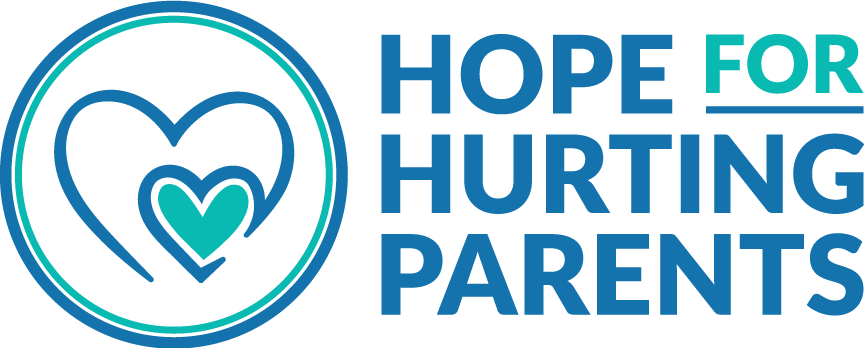
photo cred. Melanie Wasser on Unsplash
September is Suicide Prevention Awareness Month. I’m going to do a series on the subject and will post more frequently this month. Today’s post is for parents whose sons or daughters struggle with thoughts and fantasies of ending their lives. Anyone who cares about someone who struggles with suicidal ideation can benefit. This person may live with mental health issues, an addiction, or an overall feeling of hopelessness. They are miserable and you’re tormented by not knowing if they’re safe – from themselves.
You have an uneasy feeling something is wrong but can’t put your finger on it. You worry they feel worthless and believe their life has no meaning; that they don’t matter. You sense something is wrong but they won’t talk to you.
The information here could be crucial for you to know. It could even be life-saving.
My source is The National Suicide Prevention Lifeline website.
The following warning signs may mean someone is in danger of ending their life. The risk is greater if a behavior is new, has increased or is related to a painful event, a loss or significant change. If your child exhibits any of them, seek help as soon as possible. Call the National Suicide Prevention Lifeline at 1-800-273-TALK (8255) or call 988 (the new mental health hotline for anyone who is in danger of suicide or has a substance abuse crisis). A trained individual will take your call 24 hours a day, 7 days a week, including holidays. And NAMI, the National Alliance on Mental Illness, (nami.org) is another great resource of information and support.
Warning Signs of Suicide

photo cred. pexels
- Talking about wanting to die or kill themselves. Pay attention. Don’t ignore those comments. You never know when it’s a genuine plea for help.
- Looking for a way to kill themselves: searching online, hiding pills, obtaining a weapon or the key to your gun case (if you have guns in your home always keep them in a locked place).
- Talking about feeling hopeless or having no reason to live.
- Talking about feeling trapped or in unbearable pain.
- Talking about being a burden to others. Repeatedly apologizing.
- Increasing the use of alcohol or drugs. (parents may only see hints of this)
- Acting anxious or agitated; behaving recklessly.
- Sleeping too little or too much.
- Withdrawing or isolating.
- Showing rage or talking about seeking revenge.
- Displaying extreme mood swings.
A Few More
A friend whose child died by suicide asked me to add these warining signs to the list:
– A sudden, unexplained change in typical behavior.
– Undecorating their bedroom; taking down favorite posters or pictures for no apparent reason.
– Giving away personal belongings, especially if it’s something you know is special or important to them.
– Being more loving to friends or family members than usual; out of character for them. A little too nice to a sibling they always fight with.
If you have nagging doubts, call a counselor immediately. If you don’t know who to call, then call the toll-free number listed above. At least you can talk with someone who’s knowledgeable on the subject. They will help you determine your next steps.
Please don’t delay. You don’t want any regrets. What’s the worst that could happen? You find out were wrong and they’ll be angry, but it’s not the first time and it won’t be the last.
Dear parent, if you see these symptoms, it is a call for courageous love. You need the willingness to risk being the enemy – for now.
Are you willing?
One day your child may understand – they might even forgive you and thank you. But if not, you can be strong. You can bear the brunt of their anger, because your love for them is big enough. Therefore, you can be courageous. You can do whatever is necessary to try and save your child.
Sadly, when a suicide occurs, family members and closest friends often say they were completely blind-sided. I hope that doesn’t happen to you.
Now that you know this information, you can be proactive and have no regrets.
Encouragement from the Bible:

photo cred. jametlene Reskp on unsplash
Trust God from the bottom of your heart; don’t try to figure out everything on your own. Listen for God’s voice in everything you do, everywhere you go; he’s the one who will keep you on track. Don’t assume that you know it all. Run to God (Proverbs 3:5-6, The Message)!
Prayer: Dear God, Author of Life, please comfort and strengthen me. Reinforce my courage to do hard things, whatever it takes, to save my child. Open my eyes to see the warning signs. Guide me to the next step. Divinely connect me with the right person who can speak to my situation. Show me how to trust You in this great struggle. Thank you for caring. And most of all, thank you that I am not alone.
Reflection Question and an Action Step: Which one of these warning signs were you not aware of? Save the toll free Suicide Prevention Lifeline number (also listed below) and keep it in a safe place. Put the number in your phone, too, just in case. Share it with others.
Is There Anything You Can Do?
Yes, there is! My next three posts will explain a simple, effective, 3-step strategy that is saving lies. It’s no guarantee, but using the three steps could make all the difference. If you need this information now, go here.
Resources:
Night Falls Fast: Understanding Suicidee by Kay Redfield Jamison
Grieving a Suicide by Albert Hsu
Finding Your Way After the Suicide of Someone You Love by Biebel/Foster
No Time to Say Goodbye by Carla Fine
Among Lions: Fighting for Faith and Finding your Rest while Parenting a Child with Mental Illness by Kirsten Panachyda
American Foundation for Suicide Prevention (www.afsp.org)
The National Alliance on Mental Illness (www. nami.org)
The National Suicide Prevention Lifeline 1-800-273-8255 Crisis Textline 741741
988 The new mental health hotline (replaces 911 for a mental health or subtance abuse crisis)

0 Comments